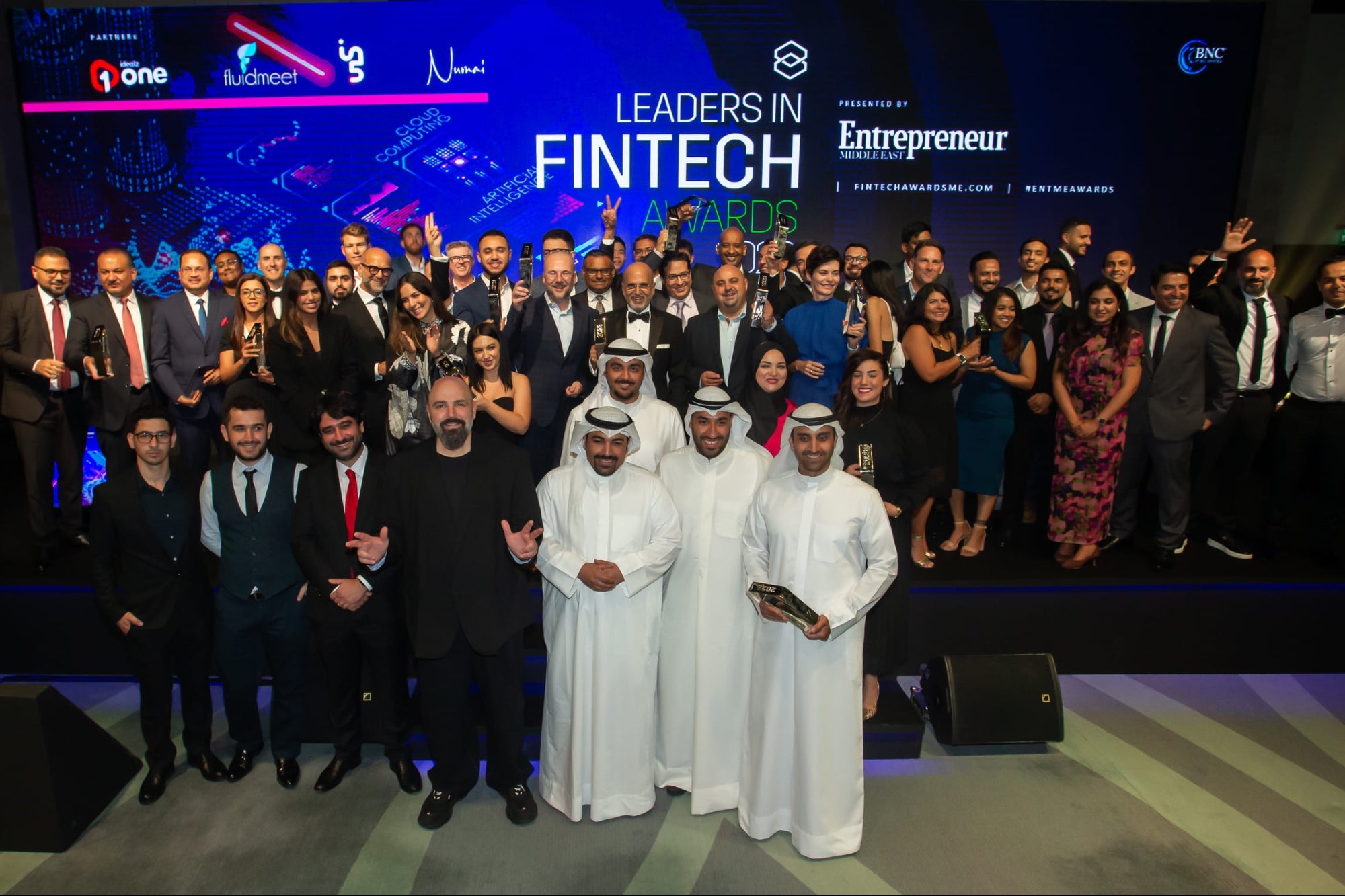Design Matters: Enabling Experiences For Your Customers From the development of the first tools by pre-historic man, to the industrial revolution and the invention of personal computing, design has been at the forefront of everything we do.
Opinions expressed by Entrepreneur contributors are their own.
You're reading Entrepreneur Middle East, an international franchise of Entrepreneur Media.

In a recent meeting, I was asked by a client why there is so much focus on design, and if this was not just another fashion trend aiming to become a paradigm of the decade? So I decided to openly reflect on it.
Design has been an integral part of human evolution. From the development of the first tools by pre-historic man, to the industrial revolution and the invention of personal computing, design has been at the forefront of everything we do. However, the understanding of design has changed and evolved as our expectations and ways to interact with artifacts, machines and tools have also evolved from a pure functional and practical drive to a more experiential and engaged approach. Design today is not just about the features of a product and how those features function, but more on how we are able to create certain experiences that deliver delight or joy to the user.
A New Breath Of Design
As the intention behind design has changed, the capabilities and talent involved in the design process have also evolved, moving from a purely mechanical and functional approach to an experiential and human centric one created by a pool of experts that center their capabilities on human understanding, situation analysis and from there to design and experience.
In that, our approach on how we create and design has also evolved from a problem to a solution-based model where we have to focus on experience engagement. The user has become the center of the experience and understanding that becomes paramount to the design process, which shifts the focus on outcome.
So how did we end up here? Designing for experiences was always there, however it was not a priority as the focus was on delivering value through functionality. It was all about creating robust, strong products that delivered feature-rich capability. This was also due to the fact that product development was in the hands of the core of IT engineers, who approached the process from a cost perspective with a focus on efficiency and building functional solutions that didn't break. With marketing departments gaining access to development budgets and digital presence becoming core to the brand and sales channel, the overall customer experience through design becomes integral to product development.

A good example of this shift can be found at Starbucks, which changed the action of drinking coffee (functional and undifferentiated) to an experience where coffee became part of overall brand proposition. In fact, we don't go to Starbucks for great coffee, but rather for the overall experience that we enjoy. From entry to exit, we experience this proposition at every touch point; from reaching the counter, choosing and customizing our coffee, selecting a sandwich or cake, enjoying the atmosphere or catching up with emails in one of the work areas. The person-centric approach to the Starbucks brand experience is what converts its customers to brand advocates.
Related: Website Designs To Whet the Appetite: Eight Best Online Examples
Another great example is Uber, which successfully crafted an experience that simplifies the process of getting around a city. The complexity of the solution is completely hidden and irrelevant, where the customer experience is the priority and simplicity is the key to success.
So design in both examples goes beyond just the aesthetics, it becomes about encapsulating an experience and being able to recreate that experience at every interaction with the customer.
The Relevance Of Design Today
In 1966, in a memo to all IBM employees Tomas J. Watson Jr. carved out a simple definition about design: "Good design is good business." Today, good design is about business survival. As companies digitally transform, their first step is about defining the customer's need and then build this into the product design. The experience is a direct outcome of the design and not only impacts how things operate, but also the underlying processes that enable a certain experience.
Mainly influenced by digital disruptors, today's expectations have changed forever, having raised the bar on delivering compelling experiences that are designed to delight and create moments of serendipity.
Design doesn't need to be static or perfect, but rather a live systemic approach to an experience. The goal is not the design, but rather the experience we are trying to craft for our clients or users through that design process. That experience is dynamic however, and evolves as the user engages with the product, leading to further interaction, adoption and an actual experience. Today, we are finally designing dynamic systemic experiences.
Related: A Discourse On Design With Entrepreneur Hazem Aljesr, Founder, Cities Design, Art & Lifestyle Store












